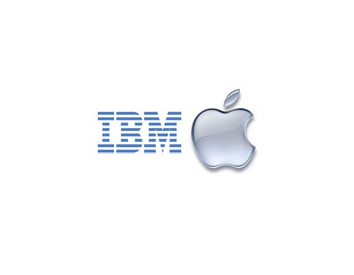
IBM and Apple -- Just not that big a deal
Given that I used to work for Apple and have lately been quite critical of IBM, readers are wondering what I think of Tuesday’s announcement of an iOS partnership of sorts between Apple and IBM. I think it makes good sense for both companies but isn’t a slam dunk for either.
There are three aspects to this deal -- hardware, apps, and cloud services. For Apple the deal presents primarily a new distribution channel for iPhones and iPads. Apple can always use new channels, especially if they hold inventory and support customers who aren’t price-sensitive. Apple’s primary goal is to simply get more devices inside Big Business and this is a good way to do that.
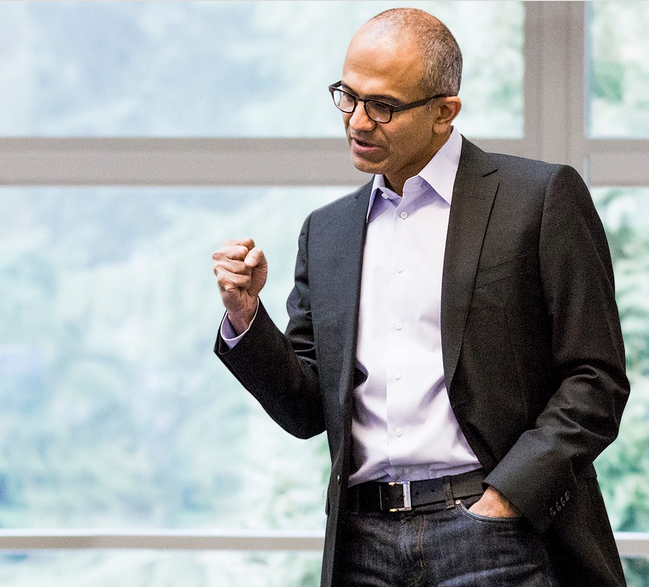
The coming Microsoft cultural revolution
Last week Microsoft CEO Satya Nadella took another step in redefining his company for the post-Gates/Ballmer era, sending a 3100-word positioning memo to every Microsoft employee and to the world in general. I found it a fascinating document for many reasons, some of them even intended by Nadella, who still has quite a ways to go to legitimately turn Microsoft in the right direction.
We’re seeing a lot of this -- companies trying to talk their way into continued technology leadership. Well talk is cheap, and sometimes that’s the major point: it can be far easier to temporarily move customers and markets through the art of the press release than by actually embracing or -- better yet -- coming up with new ideas. We’re at that point to some extent with this Nadella message, which shows potential but no real substance. But I think this was not written for customers so much as for the very employees it is addressed to.

Bitcoin quietly goes legit
The US Marshals Service doesn’t normally make economic policy but this week they apparently did so by auctioning 30,000 Bitcoins, a crypto currency I have written about before. This auction effectively legitimizes Bitcoins as part of the world economy. Am I the only one to notice this?
My first column on this subject was a cautionary tale pointing out the two great areas of vulnerability for Bitcoin: 1) the US Government might declare Bitcoins illegal, and; 2) someone might gain control of a majority of Bitcoins in which case their value could be manipulated. While number two is still theoretically possible it becomes less likely every day. And number one seems to have been put to rest by the U.S. Marshals.
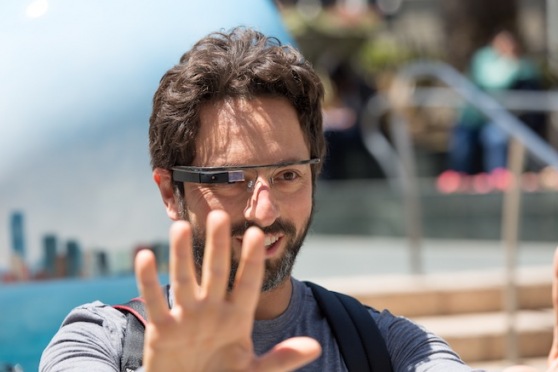
The Secret of Google X
"All politics is local," said House Speaker Tipp O’Neill, meaning that every politician has to consider the effect that his or her positions will have on voters. What makes perfect sense on a national stage might be a disaster back in the district, where the actual voters live. And so it is, too, with big companies, where local impact is sometimes more important than national or international. Sometimes, in fact, companies can be completely re-routed solely to please or affect a single executive. I believe we are seeing precisely that right now at Google concerning Google X.
Google X is that division of the search giant responsible for self-driving cars, Google Glass, and the prospect of hundreds or thousands of balloons floating through the stratosphere bringing Internet service to grateful Polynesians. It’s those balloons, in fact, that led me to this topic.
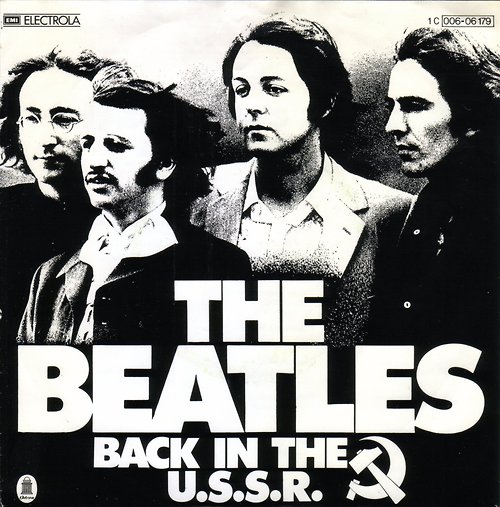
IBM back in the USSR?
My book, The Decline and Fall of IBM, is now available in paperback, on the iPad and Nook, as well as on the Kindle. A dozen other platforms plus an audio book will be available shortly, but these are the big ones.
Over the weekend I received a very insightful message about the book from reader Steve Jenkins in Australia, where IBM is showing the same behavior problems as everywhere else. Steve has an insight into Big Blue that I wish I had thought to include in the book because I believe he is absolutely correct.

Analyzing IBM analytics
When people last week started reading my IBM eBook (available Friday in paperback from Amazon and most distributors -- make Mrs. Cringely happy and send one to all your friends) the tales of IBM customer and employee woe were generally accepted as simple fact but some people had a hard time with my assertion that IBM analytics will probably not be successful (I said IBM is already too late to that party).
One especially informed reader hit me pretty hard on the topic and I think our conversation is worth repeating here. He’s asked to remain anonymous but I assure you he’s in a position to know.
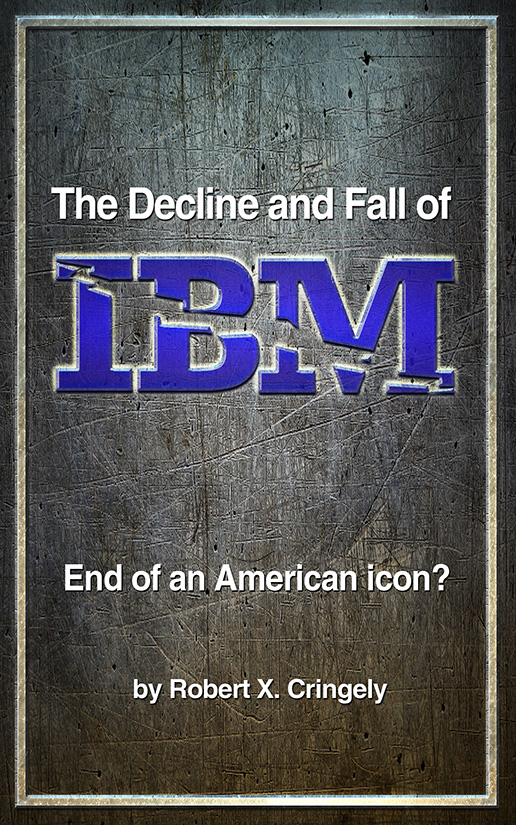
The Decline and Fall of IBM
Well my IBM eBook is finally available. Right now that’s just on Amazon.com for the Kindle (just click the link to the right) but by next week it will be on every eBook platform (iPad, Nook, etc.) and there will be a trade paperback as well as an audio edition. I’ll announce all of those here as they appear.
I feel I owe an explanation for the long delay in publishing this book. I finished it in early January, about a week after my mother died, only to learn that my old-school book publisher didn’t want to touch it. Or more properly they wanted me to be entirely devoted to the book they were paying me a ton of money to write and to wait on IBM even though the eBook had been in the works for two years and was completely ready-to-go.

Apple’s iPad problem
My three sons share an Apple iPad given to them by Mimi, their grandmother. When she bought it a couple years ago the iPad was top-of-the-line with 64 gigs and a Retina display. The boys run it hard on car trips where it functions as a hotspot and under covers in their bedrooms along with a couple iPhones, iPod Touches, various Kindles and some cheaper seven-inch Android tablets.
In all we have probably a dozen touchscreen devices in the house but most of the action takes place on iPhones or that one iPad. Great for Apple, right? Not really. Apple’s iPad sales are dropping you see and the reason nobody seems to talk about is they don’t wear out.

Did the NSA help kill UWB?
Revisionist history is looking back at past events in light of more recent information. What really happened? And no recent source of information has been more important when it comes to revising the history of digital communications than former National Security Agency (NSA) contractor Edward Snowden. Today I’m really curious about the impact of the NSA on the troubled history of Ultra Wide Band (UWB) communication.
I stumbled on this topic with the help of a reader who pointed me at a story and then a paper about advances in secure communication. Scientists at the University of Massachusetts came up with a method of optical communication that they could mathematically prove to be immune to snooping or even detection up to a certain bit rate. To an eavesdropper who didn’t know what to listen for or when to listen for it the communication just looks like noise.
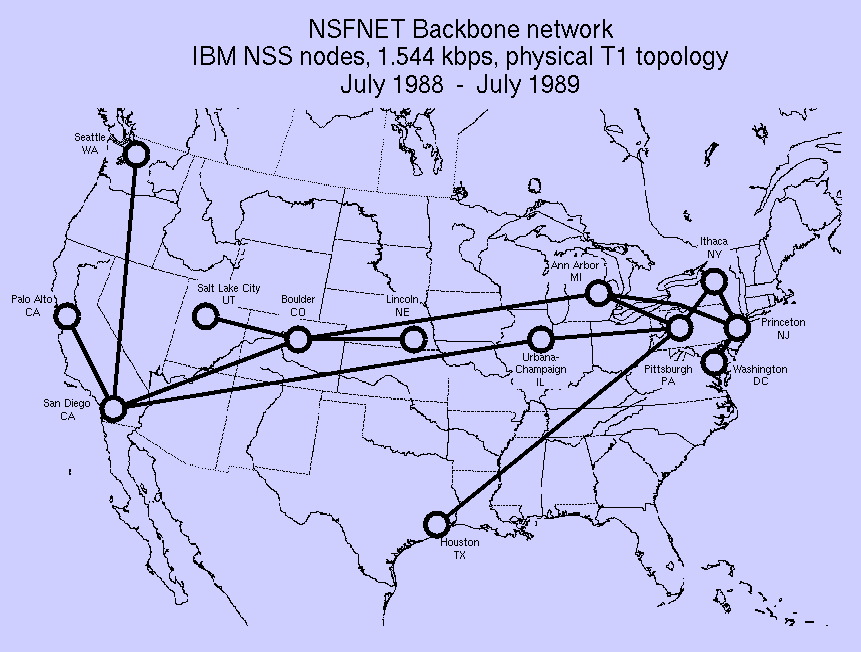
Level3 is without peer, now what to do?
There’s a peering crisis apparently happening right now among American Internet Service Providers (ISPs) and backbone providers according to a blog post this week from backbone company Level3 that I am sure many of you have read. The gist of it is that six major ISPs of the 51 that peer with Level3 have maxed-out their interconnections and are refusing to do the hardware upgrades required to support the current level of traffic. The result is that packets are being dropped, porn videos are stuttering, and customers are being ill-served. I know exactly what’s going on here and also how to fix it, pronto.
The problem is real and Level3′s explanation is pretty much on target. It’s about money and American business, because this is a peculiarly American problem. Five of the six unnamed ISPs are American and -- given that Level3 also said they are the ones that typically get the lowest scores for customer service (no surprise there, eh?) we can guess at least some of the names. According to the American Customer Satisfaction Index’s 2013 report (the latest available with a new one due any day now) the worst ISPs in America are -- from worst to less bad but still lousy -- Comcast, Time Warner Cable, CenturyLink, Charter Communications, AT&T U-verse, Cox Communications, and Verizon FiOS. That’s seven companies and since Level3 says only five are creating this peering problem then two in there are off-the-hook but still not the best at what they do.

When are economic sanctions not sanctions at all?
I came across this news story today in which a Russian space official suggests the US consider using trampolines to get astronauts and supplies to the International Space Station. It’s all about economic sanctions applied to Russia over its annexation of Crimea and other meddling in Ukraine. The Russian space agency, you see, has been hard hit by the cancellation of at least five launches. Except according to my friends in the space biz Russia hasn’t been hurt at all.
Space customers pay in advance, way in advance. All five canceled NASA launches were paid for long ago and the same for a number of now-delayed private launches. They may go ahead or not, it’s hard to say. But nobody in Russia is losing sleep over the problem because the space agency will actually make more money keeping the launchers on their pads than by firing them.
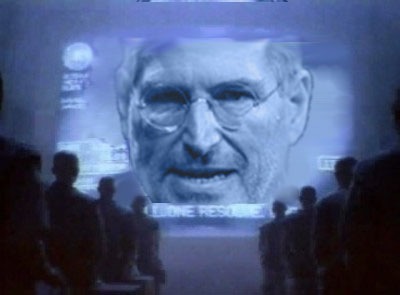
Avram Miller says Steve Jobs has one more Apple intro
We all have friends (people we know) and friends (people we not only know but hang out with). Maybe the better contrast might be between friends and buddies. Well Avram Miller is one of my buddies. He lives down the road from me and my kids prefer his pool to ours because his is solar heated. The retired Intel VP of business development is quite a character, knows a lot of people who know people, and understands the business of technology at a level few people do. So when he wrote a post this morning predicting that Apple will clean Google’s clock in search, I sat up in my chair.
Avram’s thesis is that Steve Jobs felt betrayed by Google’s development of Android and decided years ago to go after the soft underbelly of the Googleplex by building a superior search product called Found that Apple would have no need to monetize -- the Switzerland of search. Please read Avram’s post and you’ll see he claims that Steve Jobs even pre-recorded his participation in the Found launch event scheduled for sometime next year. Which of course makes me wonder what else Steve may have prerecorded?

Digital Me: Will the next Cringely be from Gmail?
My last column discussed the intersection between Big Data and Artificial Intelligence and where things might be heading. The question for this column is can I (Bob Cringely) be replaced by a machine?
Look below the fold on most news sites and you’ll see ads that look like news stories but aren’t: "One Weird Trick to Grow Extra Toes!", or "The 53 Hottest Ukrainian Grandmothers!" I’m waiting for "One Weird Trick to Becoming a Hot Ukrainian Grandmother with Extra Toes!" Read the stories and they are total crap, that is unless you have a fetish for Ukrainian Grandmas… or toes. They are all about getting us to click through page after page and be exposed to ad after ad. Alas, in SEOWorld (the recently added 10th level of Hell) some people call this progress.

Big Data is the new Artificial Intelligence
This is the first of a couple columns about a growing trend in Artificial Intelligence (AI) and how it is likely to be integrated in our culture. Computerworld ran an interesting overview article on the subject yesterday that got me thinking not only about where this technology is going but how it is likely to affect us not just as a people. but as individuals. How is AI likely to affect me? The answer is scary.
Today we consider the general case and tomorrow the very specific.
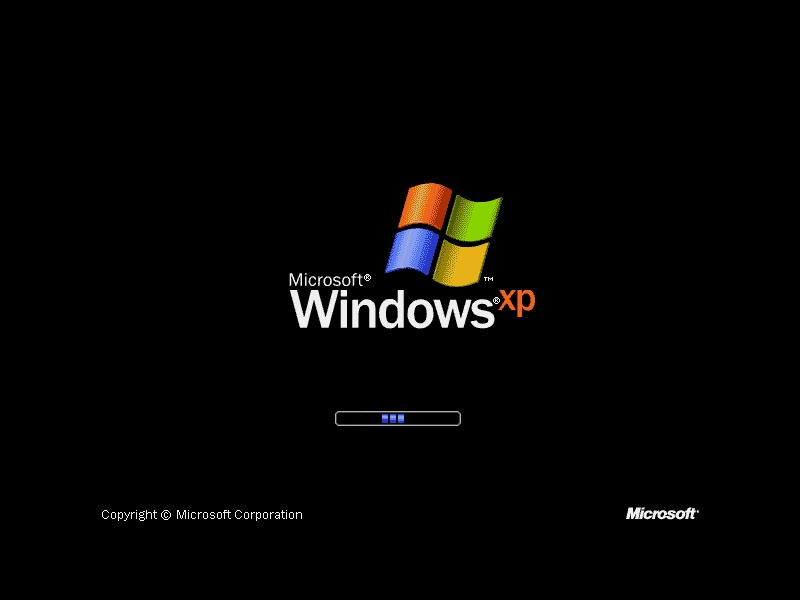
Some thoughts on the passing of Windows XP
It may be hard to believe but there was a time when people looked forward to new versions of operating systems. Before Windows XP many PC operating systems were not very good. The developers of applications had to code around problems. Companies wanted their business applications to be more reliable. Over the years operating systems improved.
Before Windows XP Microsoft had two PC operating systems. One was the descendant of Windows 95 the other of Window NT. In the years that preceded Windows XP Microsoft incrementally improved the user interface on the Windows 95 side and the reliability and performance on the NT side. Windows XP was the convergence of the best of both. Before XP Microsoft released a new version of its operating system almost every year. It would be almost 6 years until a successor to XP -- Windows Vista -- hit the market (with a thud). Six years was an impressive accomplishment, but still XP lived on. Windows Vista was not the market success Microsoft expected. Vista introduced too many changes. The market chose to stay with XP. It would be another two years before a true successor to XP emerged in Windows 7.

